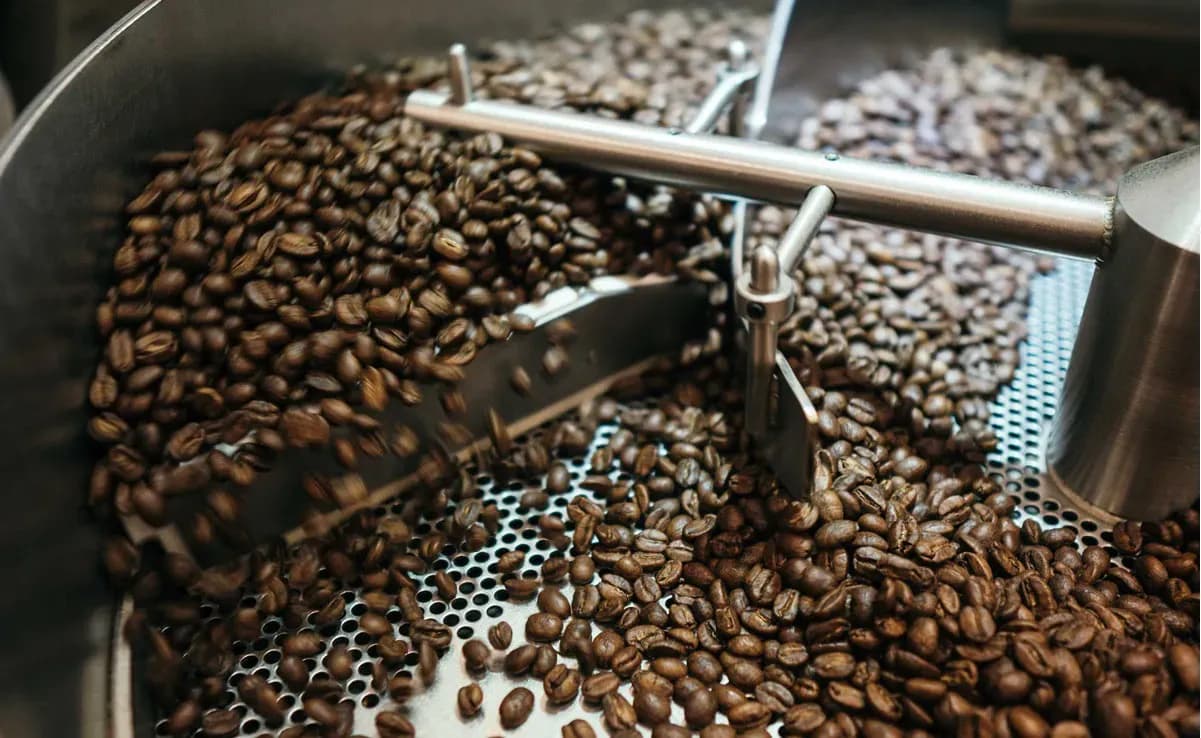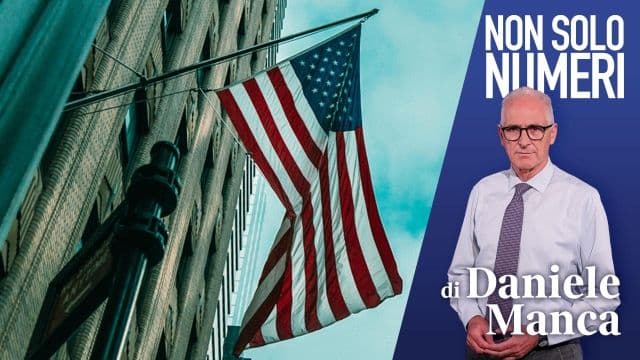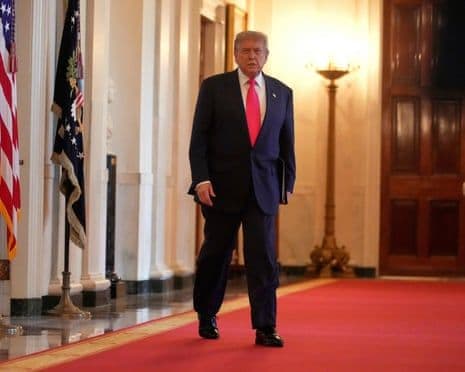Beyond the Bean: Tariffs, Trade, and Your Morning Americano
Uncover the hidden economics shaping your daily Americano. Explore how global trade tariffs brew surprising realities for coffee lovers, from bean origin to your mug.
The Global Tapestry of Coffee Sourcing
That familiar first sip of an Americano each morning often feels like a simple, solitary pleasure. Yet, beneath its comforting surface lies a complex web of global trade and intricate supply chains. Coffee, a truly international commodity, travels vast distances from its origins in the world's most fertile growing regions to our cups. , for instance, stands as a titan in this global tapestry, a major producer that supplies a significant portion of the coffee beans enjoyed by Americans daily. While headlines often focus on critical minerals and their strategic importance to states like and , the humble coffee bean, a staple in countless households, is equally indicative of global interdependence. The sheer ubiquity of coffee in American life means that any disruption to its supply, or changes to its cost, resonates far beyond the typical trade discussions, touching on a deeply ingrained daily ritual for millions.
Unpacking the Tariff Tempest: New Rules, New Realities
The calm of global coffee trade has been stirred by recent shifts in international economic policy. A new 50% tariff introduced by the , initially targeting a broad range of Brazilian products, has undeniably sent ripples through the market. While some key Brazilian exports like oranges, minerals, and even aircraft were ultimately spared from this significant levy, other everyday items, including coffee and meat, found themselves on the tariffed list. This selective application highlights a nuanced approach, where 694 Brazilian products, representing a substantial $18 billion in exports, were exempted, underscoring a degree of economic sensitivity on the American side to avoid widespread adverse effects on its consumers and businesses. Despite these exemptions, the inclusion of coffee signals a potential microeconomic impact on commodity prices, forcing a reevaluation of trade strategies for a product deeply embedded in the American lifestyle. It's a stark reminder that trade decisions aren't just about big industries; they directly affect what's in our pantry.
The Supply Chain's Ripple Effect on Your Cup
When tariffs hit, the supply chain doesn't just absorb the shock; it adapts, often with direct consequences for the end consumer. The imposition of new duties, like the 50% tariff on coffee, doesn't simply mean higher prices at the port; it triggers a cascade of reactions throughout the entire logistics network. Companies involved in international shipping, like , are immediately tasked with understanding new fiscal classifications, simulating various cost scenarios, and even exploring alternative routes or customs regimes. This rapid adaptation is crucial because every added cost, every logistical hurdle, eventually trickles down. For your morning Americano, this could translate into a slightly higher price tag, reflecting the increased complexity and expense of getting those beans from Brazilian farms to your local roaster, then to your preferred coffee shop. It’s a tangible demonstration of how geopolitical decisions morph into real-world economic pressures on everyday goods.
Brewing the Future: What Global Shifts Mean for Americano Aficionados
Looking ahead, the landscape of international trade, particularly for a beloved commodity like coffee, remains in flux, demanding continuous adaptation from all players. There's a persistent discussion that certain products, coffee among them, might eventually be removed from the tariff list due to the sheer weight of American consumer interest. After all, coffee is more than just an agricultural product; it's a cultural cornerstone. Businesses dealing in imports and exports between countries like and the must remain agile, constantly re-evaluating their strategies, from customs planning to logistics routes. The ongoing political discussions and economic mapping of dependencies, such as those seen with critical minerals and their impact on states like and , serve as a broader context. Ultimately, for those of us who cherish our Americano, these global shifts mean staying aware that the journey of those humble coffee beans is far from simple, continuously shaped by policy, politics, and the ever-evolving dynamics of international commerce.
Related Articles

When Pixels Meet Prices: Unraveling the Online Coffee Market's Wild Ride

When Pixels Meet Prices: Unraveling the Online Coffee Market's Wild Ride

Beyond the Numbers: Unraveling the True Impact of Trump's Global Tariff Gambit

Beyond the Numbers: Unraveling the True Impact of Trump's Global Tariff Gambit

The Political Price Tag: How Domestic Legal Battles Shaped Trump's Brazil Tariffs

The Political Price Tag: How Domestic Legal Battles Shaped Trump's Brazil Tariffs

The Reciprocal Ripple: Unraveling Trump's Trade Gambit on the Global Stage
